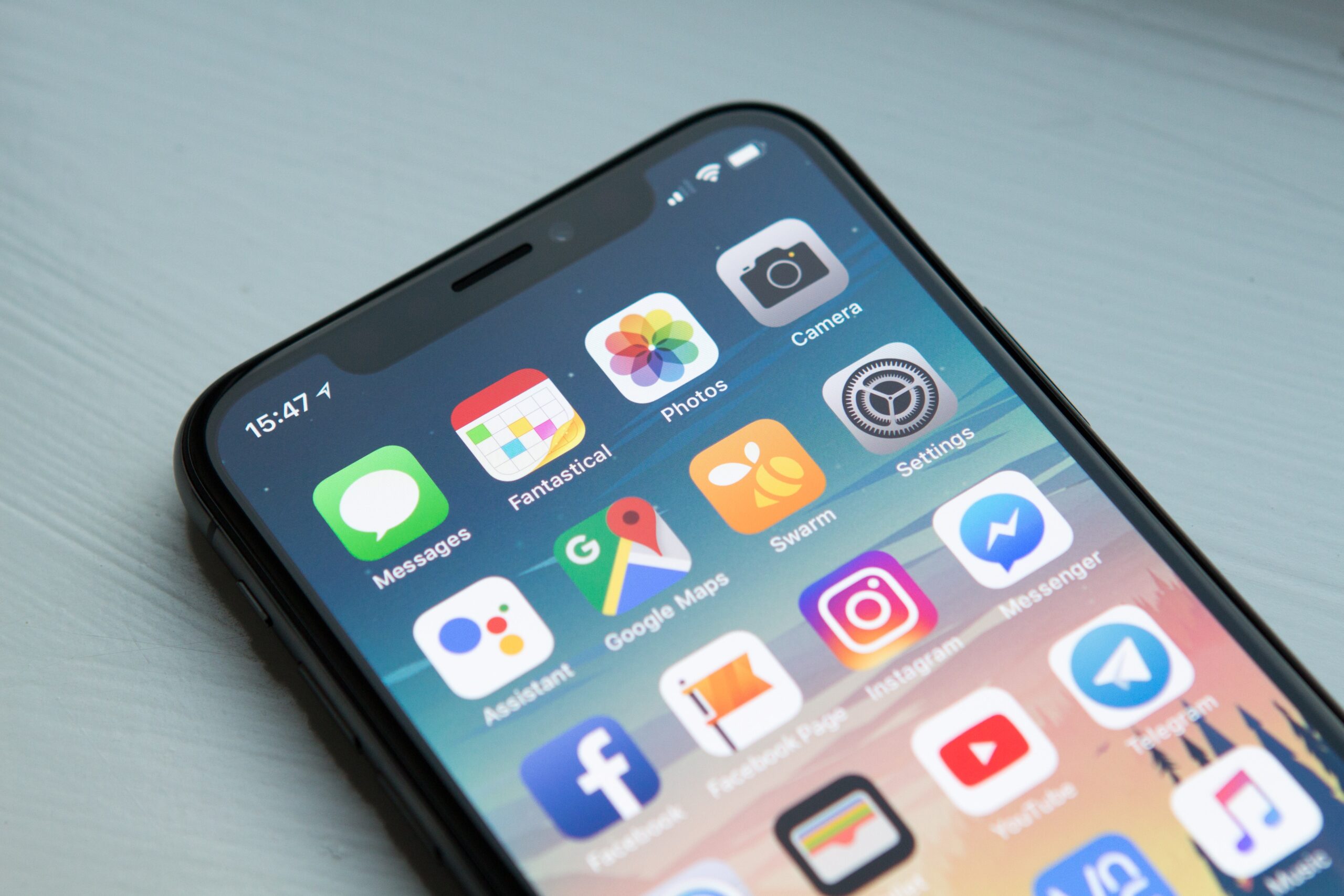

Contrary to popular belief, apps like TikTok aren’t just for kids participating in the latest dance challenge. TikTok is currently the top social video creator and editor app among people under 40, home to millions of videos embedded in niche communities. With the use of hashtags, people from all backgrounds now have a platform for their voices to be heard and to connect with peers who share similar interests. While older apps like Facebook, Instagram, and Snapchat have already put the wheels in motion for these kinds of online community gatherings, TikTok seems to be the preferred medium for many, offering more features that are easier to navigate for novices.
#RecoveryTikTok and #RecoveryTok are just two of many addiction-related communities that can be found on the platform, with over 50 million views and thousands of videos. Similarly, Snapchat and Instagram also have popular hashtags like #recovering, #soberlife, #recoveryjourney, #sobriety, #recovery, #recoveryispossible, and many more that link to people sharing their stories. Although some may feel apprehensive of viral media and its effects on impressionable youth, for adults who are going through a shared experience, it’s proving to be an indispensable source of support and inspiration.
Throughout the past several years, more and more celebrities and people in the public eye have been opening up about their past or current struggles with addiction in hopes of encouraging others to seek help. With the opioid crisis continuing to wreak havoc on small towns and big cities from coast to coast, this kind of visibility and representation is essential. If someone so successful and well-liked has struggled with drugs and alcohol, what does it mean for the average Joe?
These social media apps are adjacently providing a much-needed informative commentary on addiction, helping lessen the stigma surrounding the disease, and educating people who still believe old tropes that those with substance use disorder are “just bad people who make poor choices.” By helping to lessen prejudice against those who are struggling with substance misuse, it may encourage more individuals to seek treatment and embrace a future in recovery, thanks to a growing public change in perception.
People in recovery often have their local support networks where they attend group counseling and other organized efforts, but social media apps are providing an additional community outlet. Having readily available sources of inspiration and discussion at the touch of a phone screen allows people who can’t always attend gatherings a way to stay engaged. Some people don’t feel comfortable speaking to others about their substance misuse, but they can find solace in these apps by browsing privately. The way these social media apps are utilized is entirely up to the user, giving them control over what they want to see and hear. Not everyone on these apps needs to upload videos or make themselves or their journey public either, making it particularly useful for those who are still unsure of their addiction and how to get help.
Middlesex Recovery provides medication-assisted treatment for those who wish to address their addiction in a convenient and confidential professional setting, using evidence-based methods and FDA-approved medicine. Specialized medical providers, nursing staff, and substance use counselors are prepared to equip every Middlesex Recovery patient with the tools they need to achieve successful long-term recovery. Thousands are already on their way. Call today or message the nearest Middlesex Recovery office to learn more about the available treatment programs.

If opioid addiction is impacting your life or the life of someone you care about, reach out to our treatment center. We are here to provide the support and care you need to take the first step toward recovery.
Call 781.303.9936